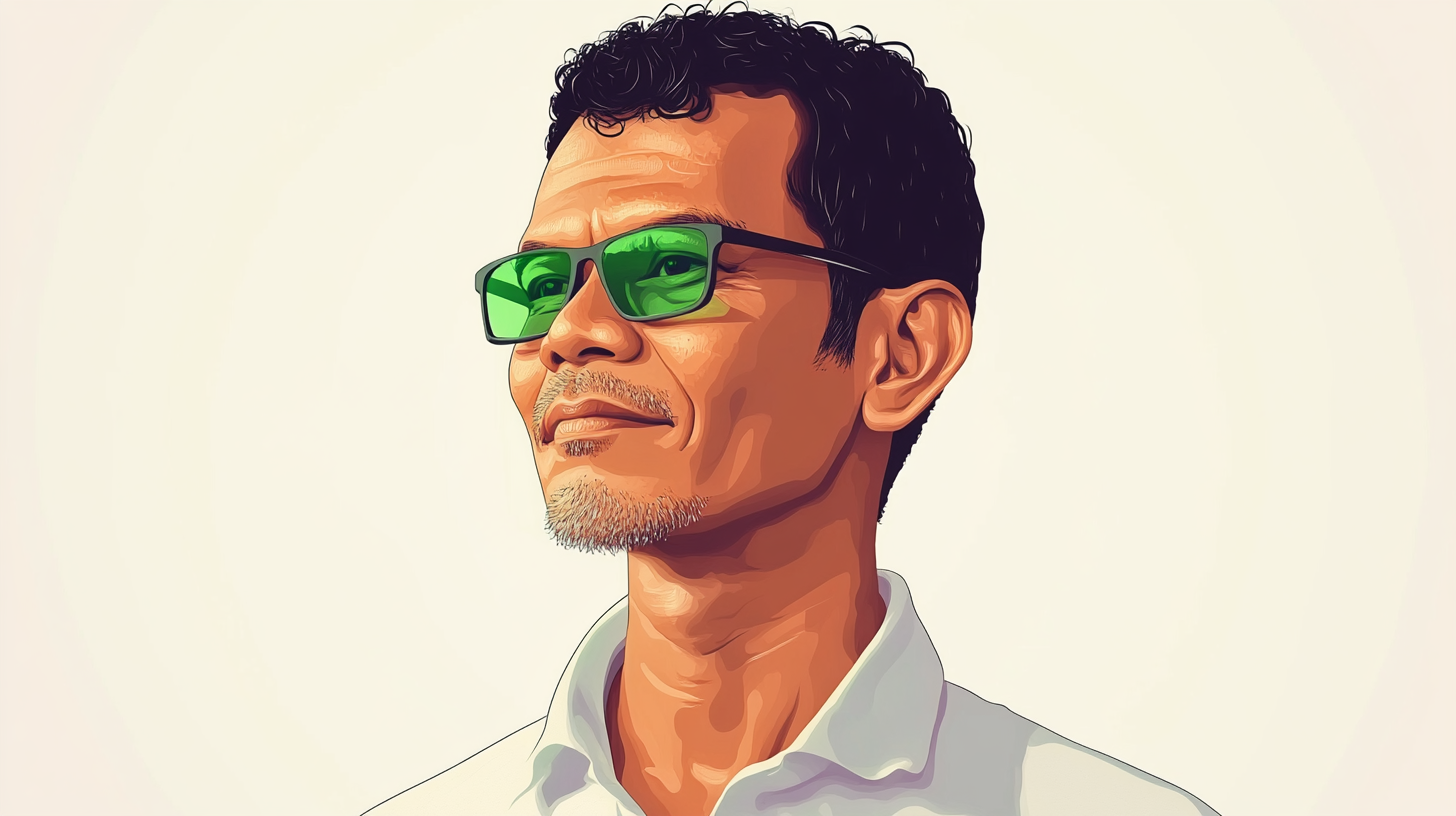Last updated on August 28th, 2024 at 08:27 am
- Why It Matters: Recriminalizing cannabis could undo progress in Thailand’s medical cannabis industry, affecting thousands of businesses and patients relying on cannabis.
- Driving The News: Pro-cannabis activists have started a hunger strike, demanding that the government hold hearings to consider the benefits of cannabis before reclassifying it as a narcotic.
- What To Watch: Whether the Thai government will address the concerns of cannabis advocates or push forward with reclassification, potentially monopolizing the market.
BANGKOK, THAILAND — As Thailand inches closer to reclassifying cannabis as a narcotic, pro-cannabis activists have launched a hunger strike to protest the government’s plans and demand a proper hearing on the benefits of cannabis. On Wednesday, members of the Thai Cannabis Future Network gathered outside Government House, vowing to continue their protest until the government listens to their concerns.
According to MANA SIRIPHITTHAYAWAT, deputy secretary-general of the Office of the Narcotics Control Board (ONCB), cannabis will likely be relisted as a narcotic by January 1, 2025. The proposed reclassification aims to control the possession, import, and sale of cannabis flowers and resin unless approved by the Ministry of Public Health. Meanwhile, cannabis parts with low THC content, such as seeds, bark, and leaves, will remain exempt from this classification.
Activists, however, argue that reclassifying cannabis will unfairly punish those who have invested in the industry following its decriminalization in 2022. They accuse the Ministry of Public Health of colluding with politicians to restrict public access and monopolize the cannabis market for personal gain. “The decision to reclassify cannabis feels like a criminal sentence without trial,” said group leaders PRASITCHAI NUNUAL and AKARADET CHAKCHINDA during the protest.
Boonthida Somchai, a spokesperson for the Bhumjaithai Party, which played a significant role in the original decriminalization, criticized the move as an unnecessary reversal. “People have invested tens of billions of baht into this industry, and this about-face will damage investor confidence,” Boonthida said. The Bhumjaithai Party had previously proposed a cannabis control bill that remains stalled in parliament.
The protestors argue that cannabis can be regulated through standard laws without the need for reclassification under the Narcotics Act. They maintain that cannabis is vital medicine for many and that its recriminalization would hinder access and create a monopoly controlled by a few.
The Ministry of Public Health has stated that the reclassification is intended to curb recreational use, which surged following decriminalization. Critics, however, argue that tighter control could drive the market underground, making regulation and public safety harder to manage.
As the government weighs its options, activists remain steadfast, calling for an evidence-based approach that considers both public health and the economic potential of the cannabis industry. Whether the government will address these demands or continue on the path to reclassification remains to be seen.
Contributing Sources: Bangkok Post.
